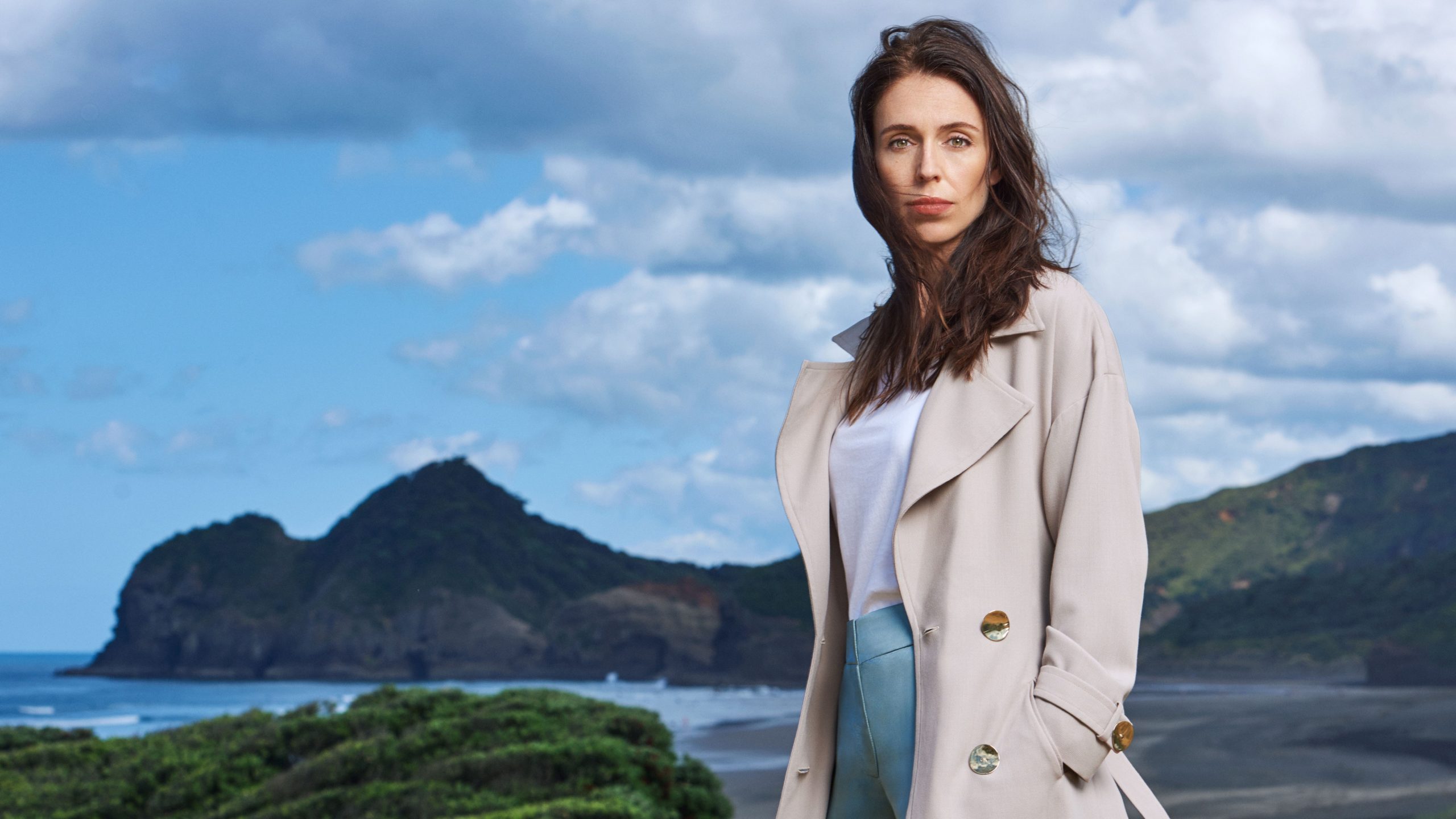
Jacinda Ardern is New Zealand’s Prime Minister, a role which she has continuously excelled in since 2017. The world’s youngest female head of government and world’s second elected head of government to give birth while in office, she is known for leading with empathy in times of crisis. It is no surprise then that she ranked number 32 on Forbes’ list of the most powerful women in the world in 2020, despite it being one of the most turbulent years in recent history.
Born in Hamilton, New Zealand in 1980, she was raised on a modest apple farm by her Mormon family. The rural towns where she grew up, and the poverty she saw in them, shaped her political views and informed her life’s work. She graduated in 2001 with a bachelor’s degree in communication studies from the University of Waikato, but in 1999 had already joined the Labour Party as an early starter. Politics were a family affair for Ardern, as she was recruited to help with New Plymouth MP Harry Duynhoven’s campaign by her aunt, who was a longstanding member of the Labour Party.
A worldly young humanitarian, in 2005 she embarked on an overseas experience, a traditional rite of passage for middle- and upper-class Kiwi children. In New York, she volunteered in a soup kitchen, serving food to the poor and homeless. In London, she operated as a policy adviser for former British Prime Minister Tony Blair. And finally, in early 2008, she became president of the International Union of Socialist Youth and travelled to destinations such as Algeria, China, India, and Israel, before standing as candidate for the Labour Party and being elected as a Member of Parliament in New Zealand.
Ardern almost took a very different path, as she also had a passion for music and dabbled as a DJ. She did some notable gigs such as a set at Real Groovy Records Auckland in 2013 and at the 2014 Laneway Festival. But her DJ career didn’t progress because of political engagements, and she found her calling in Parliament instead.
Indeed, in 2017 at only 37 years old, she became the 40th prime minister of New Zealand, leader of the Labour Party and the world’s youngest female leader. As of today, she can be admired for having led New Zealand through three difficult years in which it experienced a terror attack, a deadly volcano eruption, and a global pandemic that has tested leaders worldwide. Making a positive impact on her country and its citizens over her relatively short career, Ardern has proven that age doesn’t determine one’s ability to be an effective leader.
